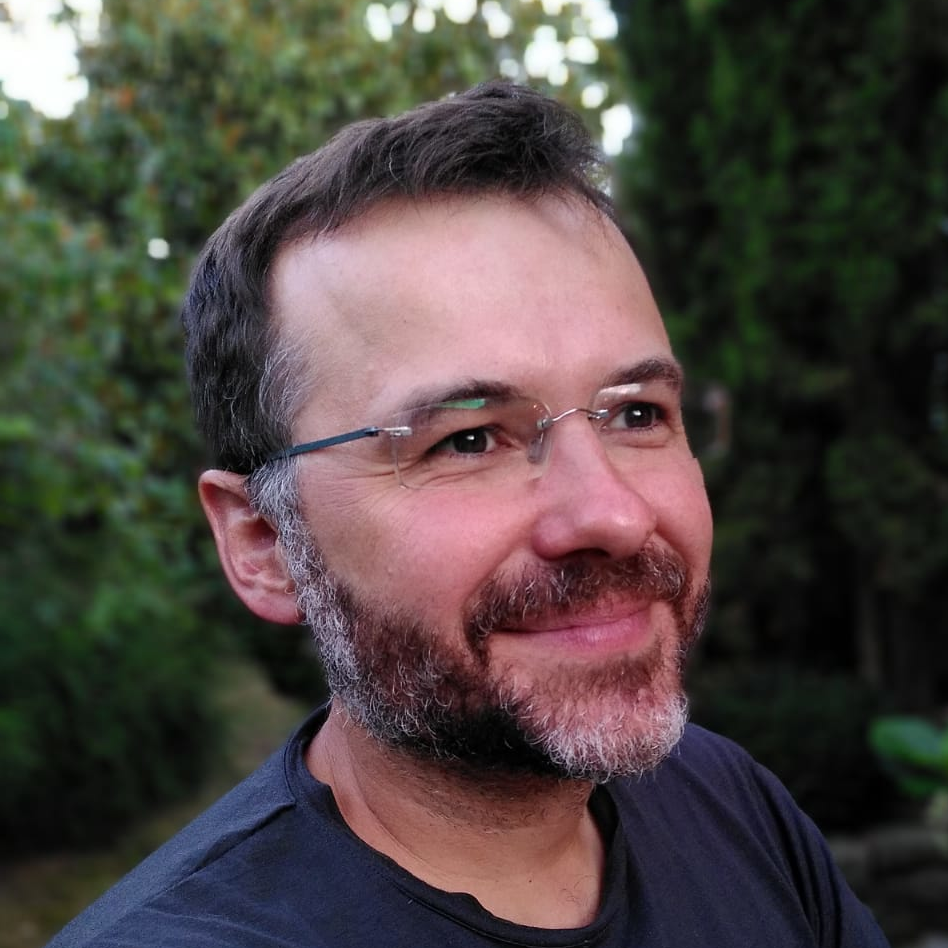Generative AI for medical imaging - recent advances and potential benefits
Invited speaker, French society of statistics, Paris, France
Generative AI has become a key paradigm in recent years, especially in the fields of natural language processing (NLP) and imaging, with the emergence of flagship models such as ChatGPT, DeepSeek, DALL-E, and MidJourney. However, its potential goes far beyond consumer applications: in medical imaging, generative AI plays a crucial role, particularly for data augmentation, anomaly detecetion, segmentation or image denoising. In this course, I explore the main generative AI approaches applied to medical image synthesis, with a specific focus on VAEs (Variational Autoencoders), and diffusion models. The goal is to provide a thorough understanding of these techniques and their relevance in the biomedical field. The course include interactive notebooks to illustrate these concepts in practice and allow hands-on experimentation with various approaches.
